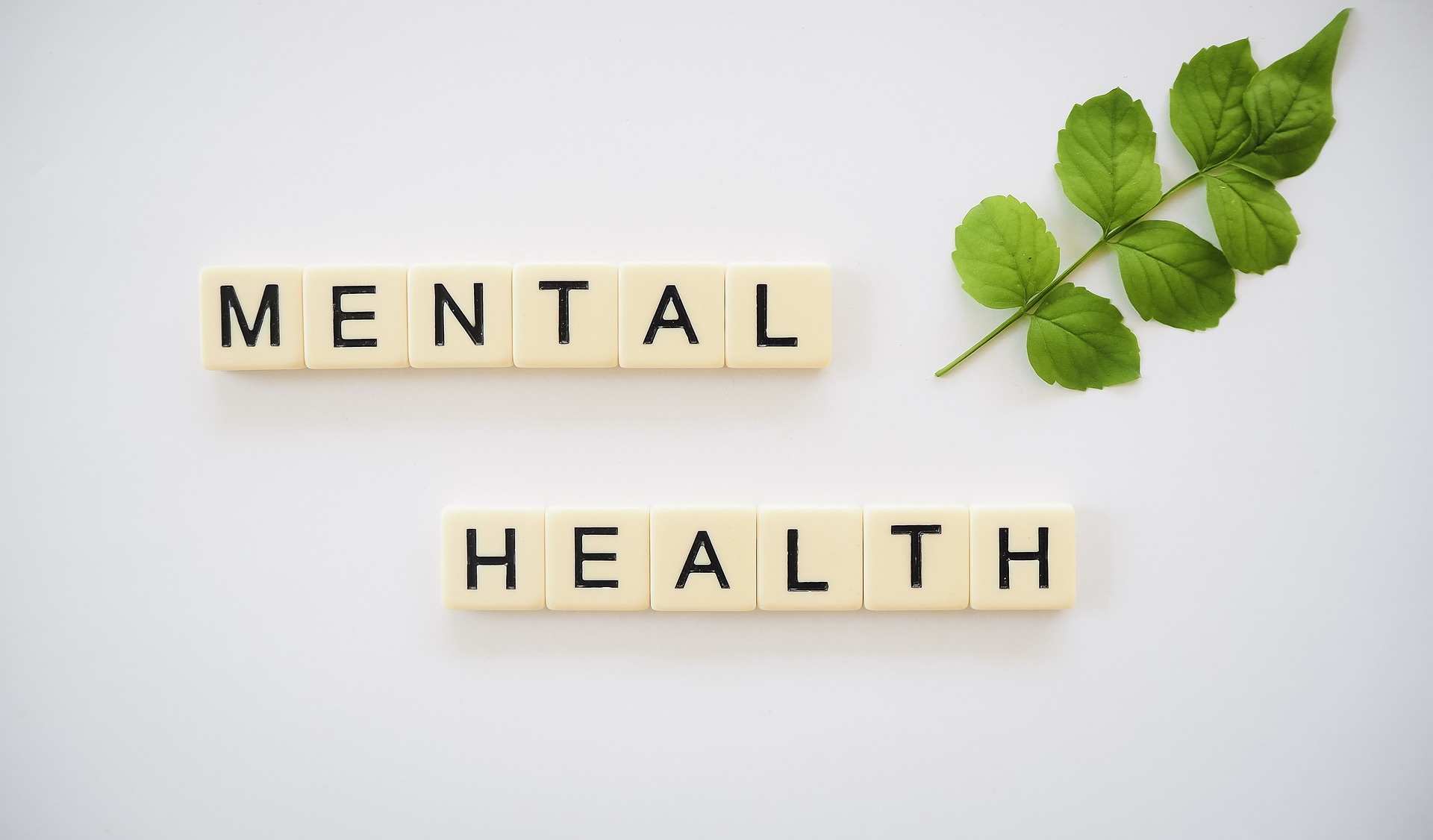Navigating the Labyrinth: Understanding Anxiety and Its Impacts on Daily Life
Anxiety is a common aspect of human existence, a natural reaction to stress and uncertainty. While everyone experiences anxiety to some extent, it becomes a problem when it starts to interfere with a person's daily life. For some, anxiety can feel like navigating a labyrinth, unsure of what lies around the next corner, and constantly fearing the worst. In such a scenario, understanding anxiety becomes vital to cope with it effectively. This article will delve into the historical context, the trends, impact, and reception of anxiety, and share unique insights on the subject.

Anxiety Through the Ages
Anxiety is not a modern phenomenon. Historical records show that anxiety, or anxiety-like symptoms, have been a part of human life since ancient times. Greek physician Hippocrates, in the 4th century BC, described symptoms that align with modern understandings of anxiety. During the Middle Ages, the concept of ‘melancholia’ was widely recognized, a condition characterized by persistent worry and fear.
However, anxiety as a medical concept has only been recognized in the last century. With the publication of the Diagnostic and Statistical Manual of Mental Disorders (DSM) in 1952, anxiety became officially recognized as a mental health condition. This recognition, along with advancements in mental health research, has led to increased understanding and treatment options for anxiety.
The Current State of Anxiety
Today, anxiety disorders are the most common mental illness in the United States, affecting 18.1% of the population every year. The World Health Organization (WHO) also reports that globally, one in thirteen people suffer from anxiety. The increasing prevalence of anxiety disorders is likely due to a combination of factors, including increased stress, changes in societal expectations, and improved diagnostic capabilities.
One alarming trend is the rise of anxiety disorders in young people. Studies show that anxiety disorders are becoming increasingly prevalent among teenagers and young adults. Factors such as academic pressure, social media use, and the uncertainty of the future contribute to this rise.
The Impact of Anxiety
Anxiety can have profound impacts on a person’s life. It can affect one’s ability to work, maintain relationships, and even carry out daily activities. Physical symptoms such as headaches, stomach problems, and sleep disturbances can also accompany anxiety, adding to the distress.
The economic impact of anxiety is also significant. It is estimated that anxiety disorders cost the U.S. more than $42 billion a year, almost one-third of the country’s total mental health bill.
Perception and Treatment of Anxiety
The perception of anxiety has undergone a significant shift in the past few decades. Once dismissed as mere ‘nervousness’, anxiety is now recognized as a serious mental health issue that requires professional help. This shift in perception has led to a decrease in the stigma associated with anxiety and an increase in individuals seeking help.
Treatment for anxiety typically involves a combination of cognitive-behavioral therapy and medication. However, there has been a growing interest in alternative treatments, such as mindfulness and meditation, showing promising results in managing anxiety.
Uncharted Territory: Unique Insights on Anxiety
While much is known about anxiety, there are aspects of it that are not widely covered. For instance, not all anxiety is bad. ‘Eustress,’ or positive stress, can motivate individuals and improve performance. Understanding the difference between eustress and distress can help individuals manage their anxiety more effectively.
Another under-explored area is the link between creativity and anxiety. Many highly creative individuals report experiencing high levels of anxiety. While the nature of this relationship is not fully understood, it suggests that anxiety, when managed properly, can potentially fuel creativity.
Walking Out of the Labyrinth
Understanding anxiety, its impacts, and ways to manage it can be empowering and liberating. It can help individuals navigate the labyrinth of anxiety and live more fulfilling lives. As research continues to advance, our understanding of anxiety will continue to grow, offering hope to those who struggle with this condition.






